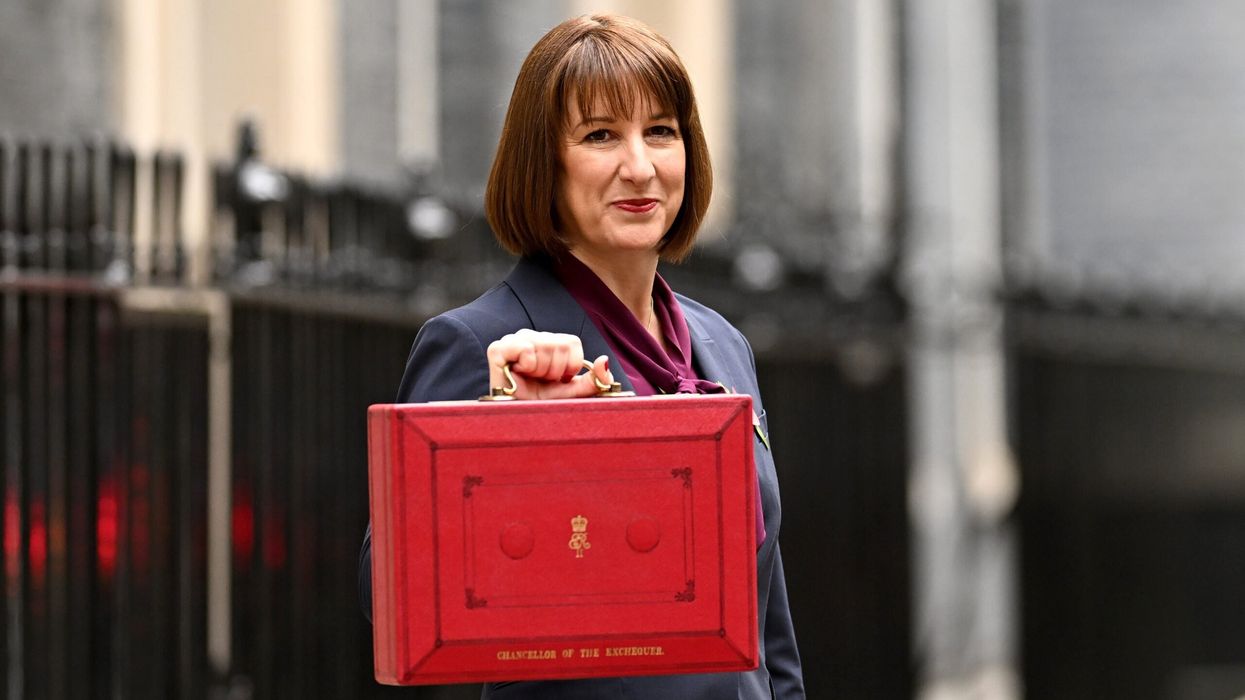THE UK government will present a tax-raising budget on Wednesday aimed at reducing debt and funding public services, while seeking to reassure financial markets and voters.
Prime minister Keir Starmer has said he wants to cut National Health Service waiting times and ease the prolonged cost-of-living crisis, as Reform UK gains ground in the polls. Chancellor Rachel Reeves faces the task of supporting households while convincing investors that the government has control of its finances.
"I will not return Britain back to austerity, nor will I lose control of public spending with reckless borrowing," Reeves said in a statement on the eve of the budget.
Reeves has already announced measures such as above-inflation rises to the minimum wage and pensions, along with freezes on rail fares and prescription charges.
But closing an estimated £20-billion gap in public finances is expected to rely on tax increases affecting workers.
Workers and small firms are concerned about the impact of the budget on living costs and business expenses.
"It's kind of been disastrous in the last two years, where, you know, the increases on food, the increases on duty, the wine increases, staff increases, and also people at home are feeling the pinch as well, so they're not going out as often," James Fitzegerald, a landlord of a west London pub called the Thatched House, told AFP.
"Things are only going in one direction, it's going downhill, and so we really need help from the government to make it viable," he said.
Britain is dealing with a deficit close to five per cent of gross domestic product, elevated inflation and a stagnating economy as unemployment rises.
Reports indicate that the UK's budget watchdog may cut growth forecasts for each year of the current parliament, compared with its projections in March.
Markets are expected to closely track Wednesday's speech, with a negative reaction potentially pushing up borrowing costs by triggering a sell-off of UK debt.
'Economy isn't working'
Labour has struggled to deliver consistent economic growth since returning to power in July 2024 after 14 years of Conservative rule.
Reeves increased a business tax in her first budget last year, a decision that has been linked to the UK's weak economic performance.
"The cost of living is still the number one issue for working people and... the economy isn't working well enough for those on the lowest incomes," Reeves said in a statement on Tuesday.
"Too many people are still struggling to make ends meet," she added.
Policy reversals have added pressure on Starmer and Reeves, including disputes over plans to cut disability benefits and fuel payments for pensioners following a backbench revolt.
Reeves has reportedly dropped a plan to raise income tax, which would have broken campaign promises.
The budget is now expected to include a continued freeze on income tax thresholds, which would move more workers into higher tax brackets and reverse commitments made in last year's budget.
Additional measures are expected to include levies on gambling, a mansion tax on luxury properties, and a cap on pension benefits.
Before the budget, the health department also announced plans to extend the sugar tax to pre-packaged milkshakes and other milk-based drinks.





